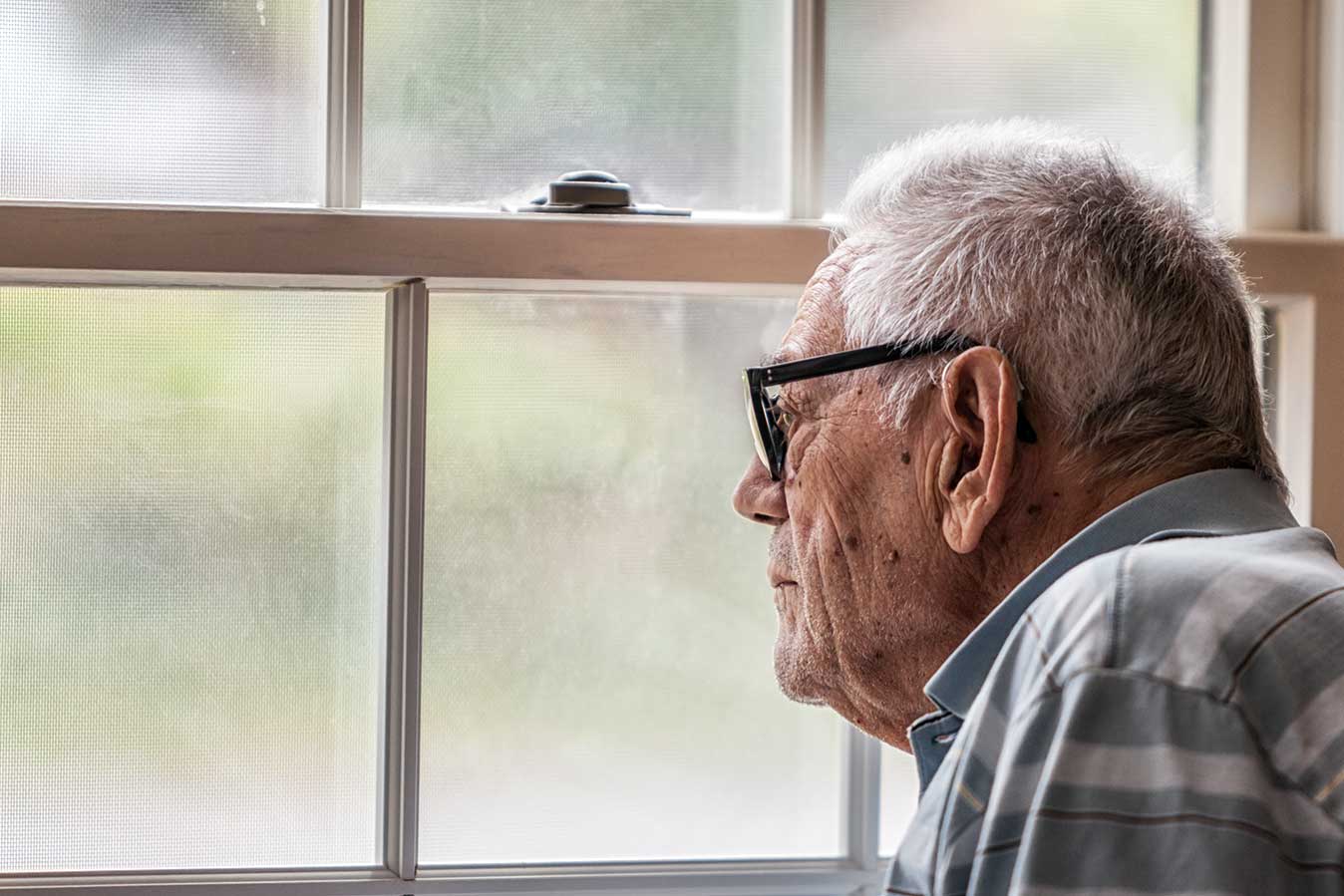The purpose of this article is to shed some light on the importance of pain management, to examine major barriers and make some recommendations to improve the pain management in older generations with dementia.
Pain management in older adults with dementia is paramount. The impact of pain on physical, psychological, social and spiritual components is significant. Pain not only has a detrimental effect on the quality of life of older adults with dementia but also impacts the carer and healthcare staff. Side effects of untreated pain are undeniable (Regan,Colling &Tapley 2015). Yet there is limited information available on the relationship between dementia and the neurophysiology of pain. Untreated pain or undertreated pain can result in other major problems such as change in mood and behaviour, unexplained distress, aggression, depression, isolation, falls, malnutrition and a huge risk of incorrect treatment and its side effects (Nursing Times 2014). Hence pain management is vital.
There are numerous factors responsible for untreated pain in older adults with dementia.
A major factor involves an inability to express their own pain. Dementia has crucial outcomes on communication resulting in impaired speech, which not only contributes to improper assessment but also identification and management of pain (Dementia Australia 2018).
Older adults with dementia are found to express their pain in a different way as compared to those without dementia. Especially when dementia progresses, the complexity and inadequate pain assessment leads to the under-treatment of pain itself.
Some of the other critical barriers for an effective pain management include:
- lack of education and awareness among healthcare staff;
- incorrect or late diagnosis;
- scarcity of resources including staff shortages;
- pain assessment tools, social attitude; and
- lack of research and poor leadership skills.
However, there is also no data on the evaluation of the efficacy of available and ongoing strategies in healthcare facilities (Catananti & Gambassi 2010). Therefore, the gap in pain management is evident.
Several studies (Robinson-Lane & Vallerand 2017; Parker et al. 2013) conducted so far, have explored the effects of untreated pain on any generation is notable (Husebo et al. 2016, Brown 2011). Additionally, the impact of untreated pain on people with cognitive impairment has been shown to be extensive.
However, despite numerous studies undertaken on this topic, there is enough evidence supporting undetected, misinterpreted and inappropriately diagnosed pain in older adults with cognitive impairment.
Dementia causes the gradual loss of cognition, which alters thinking, remembering, and reasoning abilities, making it complex and challenging for nursing staff and care giver who is responsible for providing care at the end of life.
People with progressive dementia are unable to communicate clearly or share their concerns.
It is vital to have knowledge to understand their unmet needs. To know when they are in pain and need an intervention to relieve it and when to determine it as ‘just a behaviour’ (National Institute on Ageing 2017).
Robust training programs for healthcare staff, particularly for nurses, is needed. Nurses must possess clinical skills in managing care needs that can often be complex and challenging.
Availability of appropriate local resources, networking and essential services is fundamental (Guerriero et al. 2016).
Nurses must also be proactive in identifying, assessing and managing pain based on uncertain and limited information available. For the correct interpretation of the limited information, it is imperative nurses use the most reliable pain assessment tools, their own observations, critical thinking and decision making skills (Tsai, Jeong, & Hunter 2017).
Most importantly, nurses should be equipped with ongoing knowledge and leadership skills to build up that confidence to enhance the health outcomes of older adults with dementia.
Therefore, the limitations of the effective pain management in older adults who are not able to communicate their needs effectively requires urgent attention.
Competent work is required for designing and implementing effective, realistic and achievable strategies for pain management at all stages of dementia by relating them to theory and available literature.
References:
Brown, D. 2011. Pain Assessment with Cognitively Impaired Older People in the Acute Hospital Setting. Reviews in pain, 5(3):18-22. Retrieved from
www.ncbi.nlm.nih.gov/pmc/articles/PMC4591671/
Catananti, C. & Gambassi,G.2010. Pain assessment in the elderly. Surgical Oncology, 19(3):140-148. Retrieved from www.sciencedirect.com/science/article/pii/S0960740409001261
Dementia Australia 2018. Pain and dementia factsheet, Retrieved from www.dementia.org.au/resources/help-sheets.
Guerriero, F, Sgarlata,C., Maurizi, N.,Francis, M., Rollone, M. Carbone M., Rondanelli, M., Perna,S. & Ricevuti, G. 2016. Pain management in dementia: so far, not so good. Geriatrics and Gerontology Elsewhere, 64:31-39.
Husebo, B.,S., Achterberg,W., & Flo,E. 2016. Identifying and managing Pain in people with Alzheimer’s Disease and other types of Dementia: A Systematic Review, CNS Drugs, 30:481-497. doi: 10.1007/s40263-016-0342-7
National Institute on Ageing, 2017. End-of-Life Care for people with Dementia. Retrieved from www.nia.nih.gov/health/end-life-care-people-dementia
Nursing Times 2014. Barriers to the management of pain in dementia care, Retrieved from www.nursingtimes.net/Journals/2014/07/09/v/h/g/090714-Barriers-to-the-management-of-pain-in-dementia-care2.pdf
Parker, S.,J., Jessel,S., Richardson, J.,E., & Reid, M.,C. 2013. Older adults are mobile too! Identifying the barriers and facilitators to older adults. BMC Geriatrics, 13:43. Retrieved from https://doi.org/10.1186/1471-2318-13-43
Regan, A., Colling,J. & Tapley, M. 2015. Pain management: a fundamental component of dementia care. Nursing Standard, 30(9), pp., 430-60. Retrieved from www.ncbi.nlm.nih.gov/pubmed/26508255
Tsai,I-P., Jeong, S. Y-S., & Hunter, S.2017. Pain Assessment and
Management for Older Patients with Dementia in Hospitals: An
Integrative Literature Review. Pain Management Nursing, 19(1): 54-71.
Diva Madan RN, MN Clinical Education, BN, BSC,DN, CertIV TAE, Authorised immuniser, Nurse Educator – Higher Education
Australian College of Nursing









2 Responses
Very well documented
Thanks diva for sharing this info
True, as a health practioner, I totally agree, people with dementia are unable to express their needs snd pain. This article will help health care workers to get a better insight into pain management strategies for people with dementia.
Nice and informative read, thanks for sharing Diva.